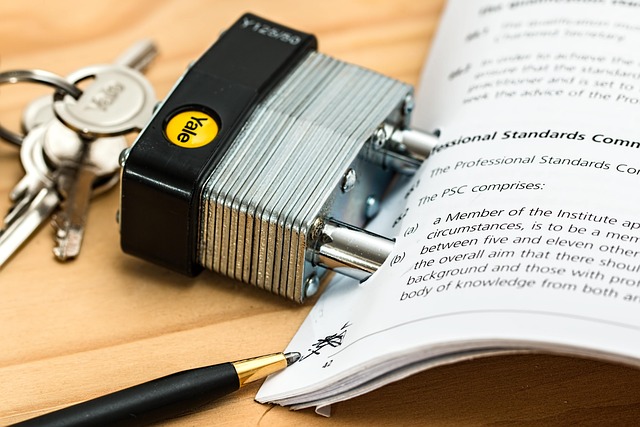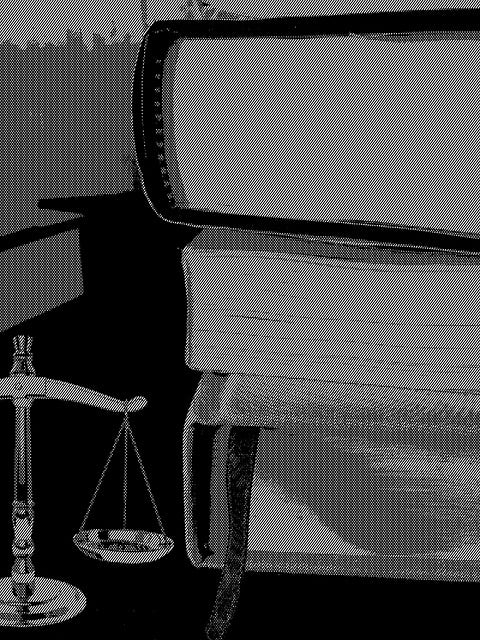In Oregon, facing contempt charges requires a robust legal defense due to severe consequences. An experienced Oregon attorney challenges court orders, proves lack of willfulness, and employs strategies like motions to dismiss or witness presentation to defend against these allegations. Utilizing local laws and court procedures, these attorneys navigate complex defenses, ultimately protecting clients' rights and aiming for favorable outcomes in Oregon courtrooms.
In Oregon, contempt allegations carry significant weight and can impact individual and business matters. Understanding these charges and their legal framework is crucial for effective defense strategies. This article delves into the intricacies of contempt in Oregon, exploring common defenses and the pivotal role an Oregon attorney plays in navigating complex courtroom tactics. Discover expert insights on how to approach and counter contempt charges, leveraging tailored legal defenses for a favorable outcome.
- Understanding Contempt Allegations in Oregon: Definitions and Legal Framework
- Common Defense Strategies for Contempt Charges in Oregon Courtrooms
- The Role of an Oregon Attorney in Navigating Contempt Defense Tactics
Understanding Contempt Allegations in Oregon: Definitions and Legal Framework

In Oregon, contempt allegations are serious matters that can arise in various legal contexts, particularly during family law, criminal, and civil proceedings. Contempt of court occurs when an individual willfully fails to comply with a court order or engages in conduct that obstructs the administration of justice. These allegations carry significant consequences, including fines, imprisonment, or both. Understanding the nature of contempt charges is crucial for anyone facing such accusations in Oregon, as it forms the foundation for crafting effective defense strategies.
The legal framework surrounding contempt in Oregon is well-defined, providing clear guidelines on what constitutes contemptuous behavior. Defense tactics often involve challenging the validity of the court order, proving lack of willfulness, and demonstrating that any disobedience was not intentional or deliberate. An Oregon attorney experienced in handling contempt charges can navigate these complex issues, ensuring their client’s rights are protected throughout the courtroom defense process.
Common Defense Strategies for Contempt Charges in Oregon Courtrooms

In Oregon, facing a contempt charge can be a complex and daunting task for individuals or entities accused of violating a court order. Common defense strategies employed in such cases often revolve around challenging the validity of the underlying court order, asserting lack of intent to disobey, or proving that non-compliance was due to reasonable cause. Legal experts in Oregon suggest that a proactive approach is crucial, including thorough document review and evidence collection to support any defenses.
An Oregon attorney specializing in contempt charge defense may leverage tactics such as filing motions to dismiss based on procedural errors or unclear orders, negotiating alternative resolutions with the plaintiff or court, or presenting compelling witnesses and evidence during trial. By understanding the nuances of Oregon law and leveraging these defense strategies, individuals can navigate the courtroom with a stronger chance of a favorable outcome.
The Role of an Oregon Attorney in Navigating Contempt Defense Tactics

An Oregon attorney plays a pivotal role in navigating complex defense strategies for contempt allegations. With expertise in local laws and court procedures, they guide clients through the intricate process, ensuring their rights are protected. An experienced lawyer can help build a robust legal defense by examining the facts of the case, gathering evidence, and identifying potential loopholes or weaknesses in the prosecution’s argument. They employ tailored tactics to counter contempt charges, leveraging their knowledge of Oregon’s legal landscape.
In the courtroom, an Oregon attorney adeptly presents the client’s side, challenging the evidence and testimony presented by the opposing party. They leverage procedural rules and legal precedents to create a robust defense strategy. Their goal is not just to mitigate the consequences but also to ensure that the process is fair and just, safeguarding their client’s interests in the face of contempt allegations.






